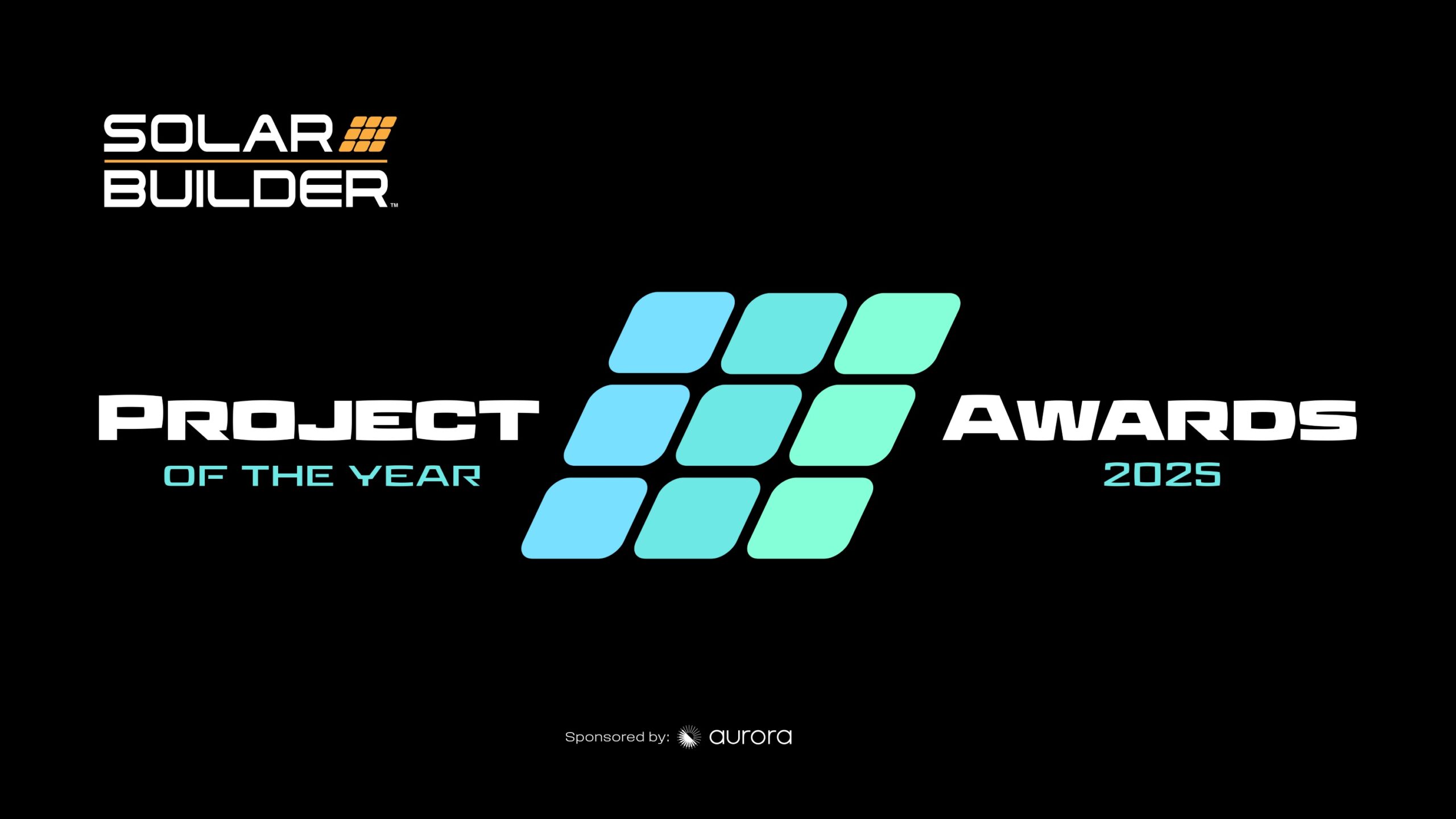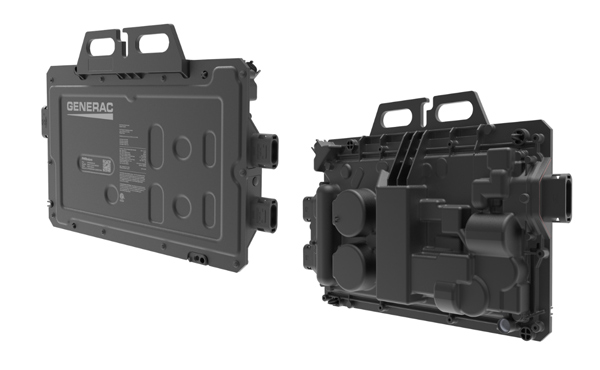ANSI approves SEIA’s new standard for solar supply chain traceability
ANSI/SEIA 101 establishes a national framework for tracking solar and storage product origins, helping manufacturers and developers meet U.S. Customs traceability requirements and strengthen ethical sourcing across the supply chain

A new U.S. standard aims to bring more clarity—and accountability—to the solar supply chain.
The American National Standards Institute (ANSI) has officially approved ANSI/SEIA 101, a traceability standard developed by the Solar Energy Industries Association (SEIA) to help solar and storage companies verify product origins from raw materials to finished goods. The standard is designed to align with U.S. Customs and Border Protection (CBP) traceability requirements and reduce uncertainty around imports as solar manufacturing scales up domestically.
Must Read
We chatted with Anza CEO Mike Hall about tariffs, CBP import detentions, and FEOC rules, and everything else reshaping supply chains and procurement right now. Read it here.
A practical framework built from real cases
The new standard, ANSI/SEIA 101: Solar and Storage Supply Chain Traceability Standard, outlines a set of documentation and verification practices companies can follow to demonstrate responsible sourcing and product integrity.
SEIA developed the standard with input from manufacturers, developers, and third-party auditors, drawing on real-world examples of solar shipments detained and later released by Customs officials. These case studies informed a practical rubric for mapping supply chains, documenting material provenance, and maintaining clear records for audits and compliance reviews.
“The U.S. solar and storage industry is deeply committed to operating with the highest ethical standards,” said Abigail Ross Hopper, SEIA president and CEO. “As we expand domestic manufacturing across the solar and storage supply chain, this standard will help ensure that every solar and storage product installed in America reflects that commitment.”
Who the standard serves
The traceability framework applies to companies and products across the industry:
- Developers can use it to confirm component origins and strengthen procurement due diligence.
- Installers, insurers, and financiers can require vendors to follow the standard as a condition for doing business.
- Manufacturers can apply the standard to certify both their individual products and their overall corporate traceability processes.
By codifying these practices, SEIA hopes to simplify compliance for both importers and domestic producers while reassuring regulators and customers that materials used in solar and storage projects meet responsible sourcing expectations.
A growing suite of solar standards
The traceability standard is part of SEIA’s broader effort to professionalize and standardize best practices across the U.S. solar industry. As an ANSI-accredited standards developer, SEIA has already secured approval for three other national standards this year, covering consumer protection, operations and maintenance, and residential and small commercial installation.
With four standards now approved, SEIA is developing seven more, addressing topics such as large-scale project installation, workforce training, and end-of-life decommissioning.
Hopper called SEIA’s standards-setting work a foundation for sustained growth: “SEIA’s industry-leading standards-setting work is a critical part of how we set solar and storage on a path to sustained success for decades to come.”





Comments are closed here.